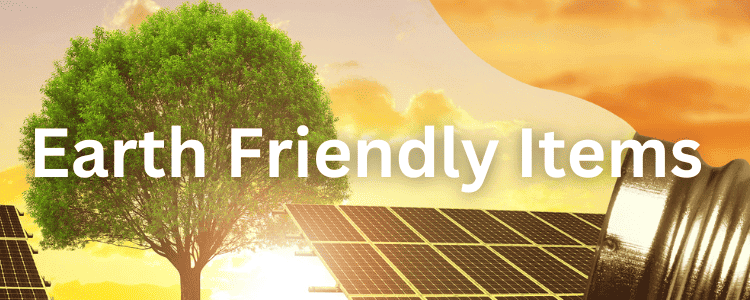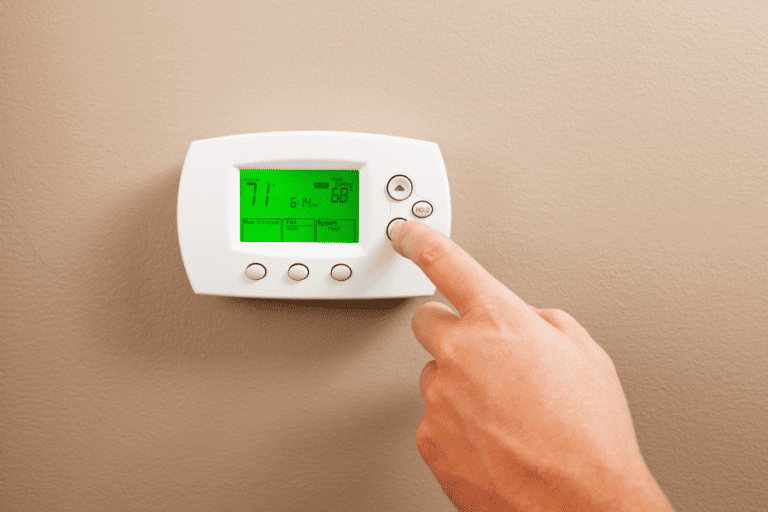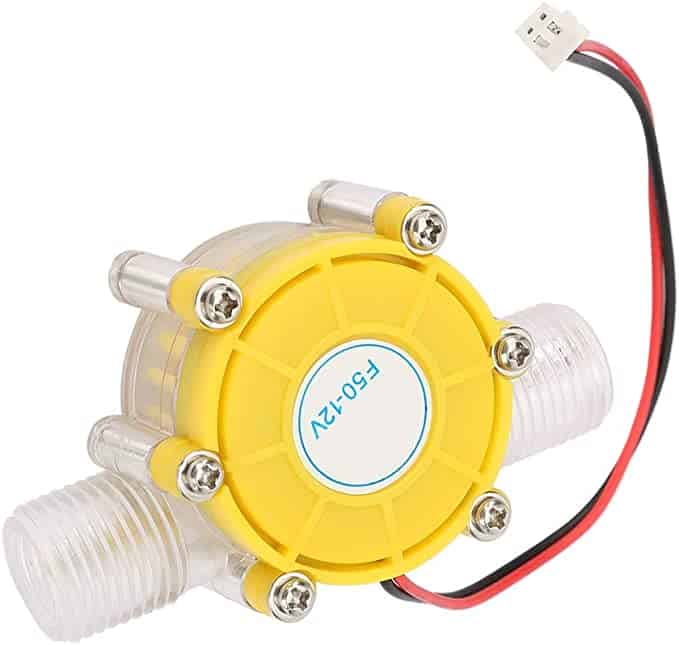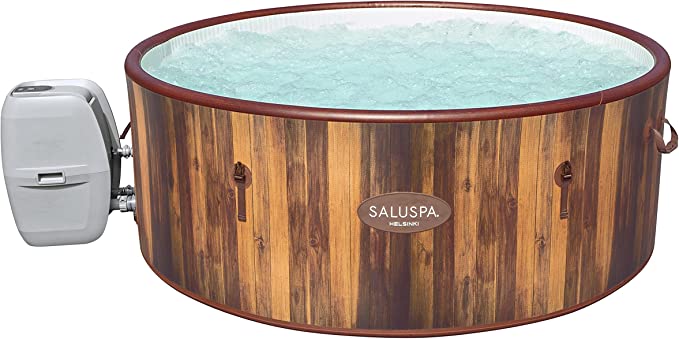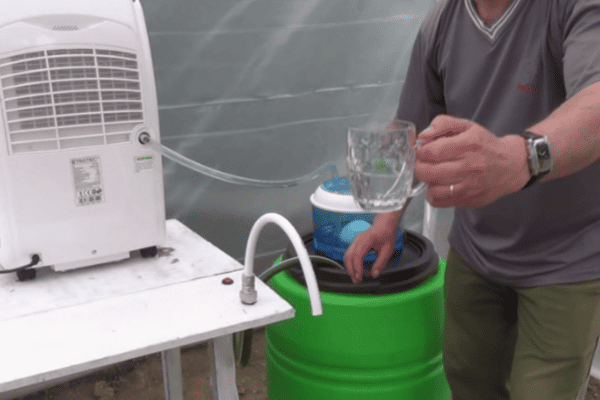Solar Generators for Emergencies
Solar Generators for Emergencies are essential to emergency preparedness in our unpredictable world. Life is known for its unexpected challenges, which can manifest as natural disasters or power outages. In these situations, being ready isn’t a mere proposal but an absolute requirement.
Understanding Solar Generators
So, what exactly is a solar generator? It’s a system that harnesses the power of the sun to create electricity. Using solar panels, a solar generator absorbs sunlight and converts it into energy. This energy is stored in a battery for later use. Solar generators’ power output and size can vary, with some being compact and portable while others are more extensive, permanent installations. Regardless of size, all solar generators can be crucial in an emergency.
Why Solar Generators for Emergency Situations?
When disaster strikes, having a dependable power source becomes crucial. This is where solar generators shine. Unlike gas generators or battery banks, solar generators can provide renewable energy for as long as the sun shines. They are also a safe and quiet alternative to noisy and potentially dangerous gas generators.
Advantages of Solar Generators in Emergencies
Solar generators are a powerful tool in any emergency preparedness plan for several reasons:
- Sustainability: Solar generators use renewable energy, making them a green solution that doesn’t deplete our planet’s resources.
- Accessibility: They can provide power anywhere there’s sunlight, making them an excellent choice for outdoor emergencies or off-grid situations.
- Silence and Safety: Unlike gas generators, solar generators run quietly and don’t emit harmful fumes.
- Longevity: As long as there’s sunlight, solar generators can keep powering essential devices. There’s no need to worry about running out of gas or depleting a battery.
Practical Applications of Solar Generators in Emergency Situations
In an emergency, a solar generator can be a lifeline. They can provide power to essential devices like medical equipment or communication devices. They can also provide light and heat when other sources are unavailable. They can also charge batteries for other necessary devices like flashlights or radios.
Case Study: Real-life Situations Where Solar Generators Saved the Day
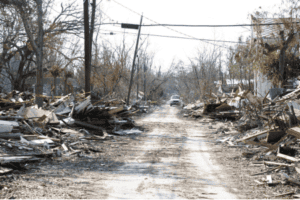
There are many instances where solar generators have proven invaluable in emergencies. After Hurricane Katrina, solar generators provided power to stranded victims and aid workers. Many households rely on solar generators to maintain their essential appliances in areas prone to power outages. These real-life situations show how solar generators can be crucial to emergency preparedness.
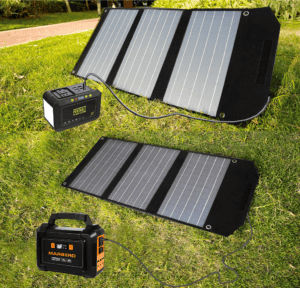
Choosing the Right Solar Generator for Emergency Preparedness
When choosing a solar generator for emergency preparedness, consider factors like power output, portability, and cost. For example, the Upusa Portable Solar Generator offers a balance of power and portability, making it a popular choice for various emergencies.
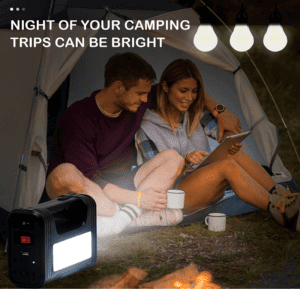
In the realm of emergency preparedness, solar generators are a robust, sustainable, and reliable option. They can power essential devices, provide light and heat, and be used anywhere in sunlight. As we face the reality of more frequent and more severe emergencies due to climate change, adopting solar power is not just an environmentally friendly choice—it’s a lifesaving one. So, consider adding a solar generator to your emergency preparedness plan today.
Several key features should be considered when looking for the best emergency solar power generator. These include:
- Power Output: The primary consideration is the generator’s power output, typically measured in watts. It needs to be sufficient to run your essential devices and appliances.
- Battery Capacity: The battery’s capacity (measured in watt-hours or ampere-hours) will determine how long the generator can supply power. A larger capacity is beneficial for prolonged power outages.
- Portability: In an emergency, you may need to move your generator, so consider the weight and size. Many solar generators have a compact and lightweight design.
- Quality of Solar Panels: The efficiency and durability of solar panels are crucial for converting sunlight into electricity. Look for panels that are durable, efficient, and made from quality materials.
- Multiple Charging Options: Apart from solar charging, it would be beneficial if the generator had alternative charging options like AC power or car charging. This provides flexibility in case of poor sunlight conditions.
- Multiple Output Ports: Various output ports allow you to charge multiple devices simultaneously. Look for USB ports for small devices and AC outlets for larger appliances.
- Durability and Weather Resistance: Your solar generator should be robust enough to withstand harsh weather conditions, especially for emergencies.
- Ease of Use: A good generator should be user-friendly, with clear instructions and straightforward operations.
- Runtime: It’s important to know how long the generator can provide power once fully charged. This gives an idea of its performance during extended power outages.
- Warranty and Customer Support: Good customer support and a solid warranty can give you peace of mind and indicate the manufacturer’s confidence in their product.
FAQ
Q. Can solar generators work in all weather conditions?
While Solar Generators for Emergencies work best in sunlight but can still generate power in overcast conditions, although at a lower capacity.
Q. How long do solar generators last?
The lifespan of a solar generator can vary depending on the quality and maintenance of the product. Typically, you can expect the battery of a solar generator to last around 5-15 years, while solar panels can last up to 30 years or more with proper care.
Q. Can a solar generator power a whole house?
The ability of a Solar Generators for Emergencies to power a whole house depends on the size and power output of the generator, as well as the house’s energy needs. While most portable solar generators may not be able to power a whole house, larger, permanently installed systems can potentially cover most, if not all, of a home’s energy, needs during an emergency.
Q. What can I power with a solar generator?
The devices you can power with a solar generator depend on the power output of the generator. Typical devices include lights, mobile phones, laptops, small appliances, and sometimes medical equipment.
- Identify Your Power Needs: List all the essential appliances and devices you’d want to power during an outage. This can include your refrigerator, lights, TV, computer, heating/cooling system, and other essential appliances.
- Calculate Energy Consumption: Check each device’s power rating (usually in watts) and calculate how long each device will run daily. The energy consumed is given by the formula: Power (Watts) x Time (Hours) = Energy (Watt-hours).
- Total Energy Consumption: Add up the total energy consumption for all your devices. This gives you the total watt-hours per day you need.
- Consider Peak Load: Some appliances like refrigerators and air conditioners have a higher starting power load. Make sure your solar generator can handle this peak load.
As a rough estimate, a small to mid-sized home might need a solar generator with a power output between 3,000 to 7,000 watts to power essential items. A larger home or one with higher power demands may need more.
Remember that solar generators are typically used for emergency backup power to run essential devices, not the entire house. A whole-house solar system with a battery backup would be more suited for fully powering a home on solar energy.
Please consult a local energy expert or solar installation company for a more accurate estimate based on your specific needs and circumstances.
Final Thoughts
In conclusion, solar generators are an excellent investment for emergency preparedness. They are an essential tool in any emergency preparedness plan with their capability to provide power in various situations and the added benefits of sustainability and safety.
Whether you’re planning for natural disasters, power outages, or off-grid adventures, a solar generator can provide peace of mind knowing that you’ll have a reliable power source when you need it most. Stay prepared, stay safe, and consider a solar generator for your emergency power needs today!
Choosing the best solar generator for hurricane season depends on various factors, including the specific power needs of your household and the typical duration of power outages in your area. As of my knowledge cut-off in September 2021, some popular choices that are known for their high power output, battery capacity, and durability include:
- Goal Zero Yeti Series: These generators offer various capacities to suit different needs. The Yeti 3000, for example, has a 3075Wh capacity and several output options, making it a versatile choice for running various devices.
- Jackery Explorer Series: Known for their portability and reliability, Jackery solar generators also have a variety of models. The Explorer 1000, with a 1002Wh capacity, can power multiple devices simultaneously.
- EcoFlow Delta Series: EcoFlow’s Delta generators are praised for their fast recharge rate and high output. The Delta 1300 has a capacity of 1260Wh and can be fully recharged in just two hours when plugged into a wall outlet.
All these generators can be paired with solar panels for recharging, a critical feature during prolonged power outages like those often experienced during hurricane season. They also have multiple output options, including USB and AC outlets, making them useful for various devices.
Remember to keep up-to-date with the latest product releases and reviews, as newer models might offer improved features or performance. Consider your specific power needs and local conditions when choosing a solar generator.
We’re reader-supported. We may earn an affiliate commission when you buy through links on our site.
